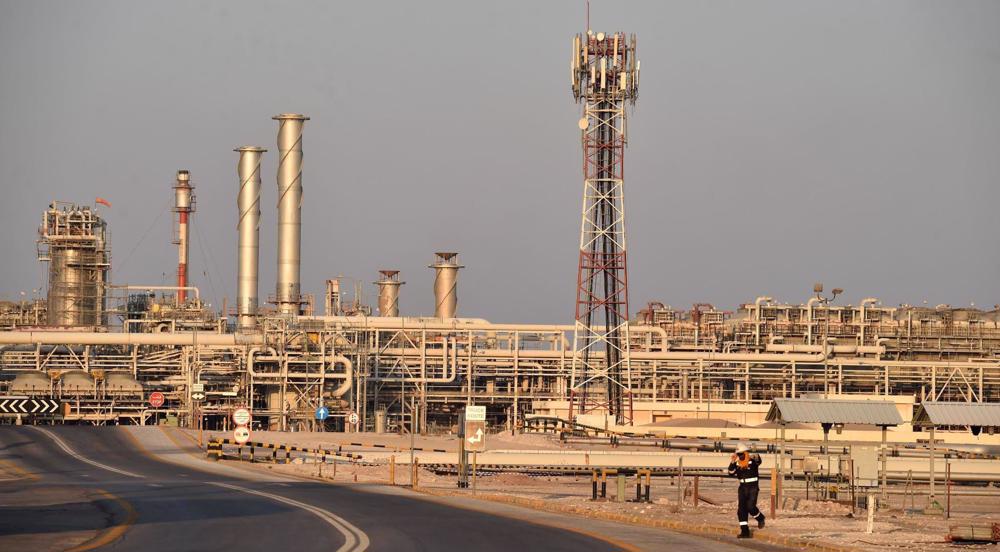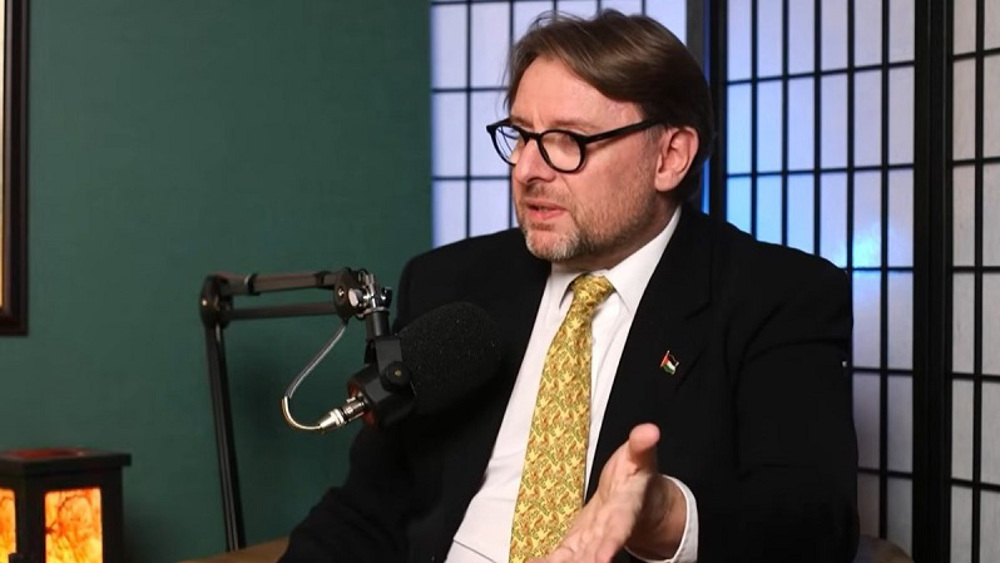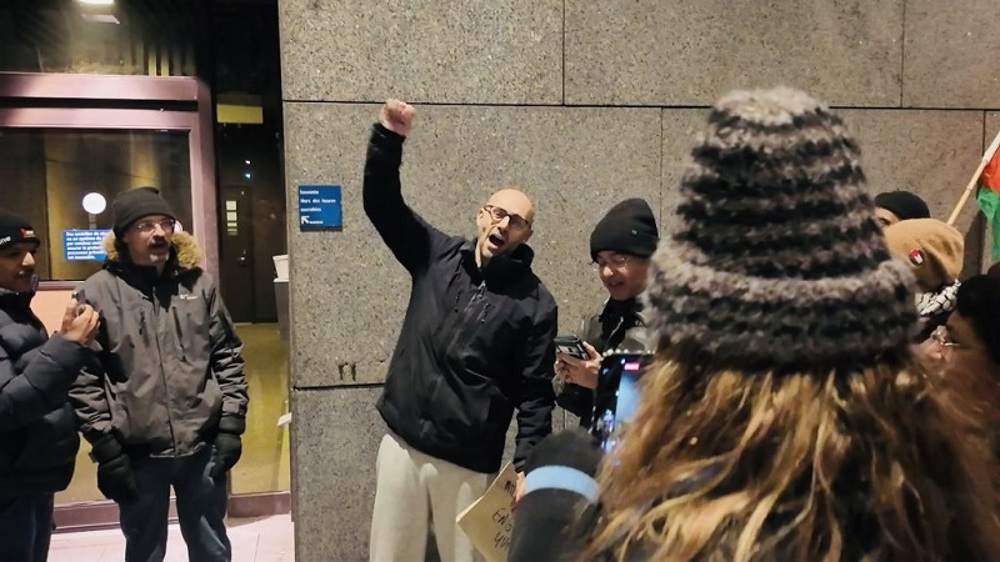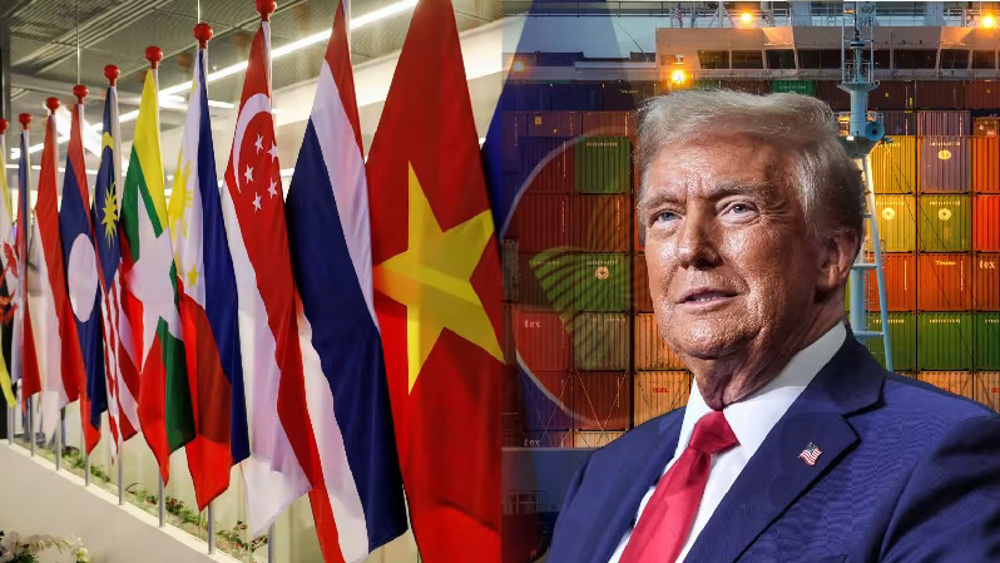The rise and fall of the Saudi economy
The discovery of oil under the sands in Saudi Arabia was a godsend that turned the desert kingdom into a modern, affluent state.Yet, in recent years, with the emergence of industries based on renewable resources and wild oscillations in the value of oil, the future of oil as black gold, as well as the future of the world's largest oil exporter, have both been brought under question.
Therefore, the young princes of the Saudi court, who hope to rule over the country for decades to come, have a strong and urgent sense of vocation to wean the kingdom off oil revenues before it becomes too late.
But the mission - dubbed Vision 2030- has turned out to be an uphill battle and the Saudis have to fight on various fronts.
KSA can no longer rely on oil revenues alone
While the coronavirus pandemic and ensuing low oil prices have hit the Saudi kingdom's economy hard, as a consequence of the unexpected crises the Saudis have come to the realisation that they can no longer rely on oil.
I think this is rather like the COVID experience; if you leave it too late, you are too late. And this, I think, you can look at this objective of getting to be independent of all by 2030, that should have been vision 2020.
If they had tried (to do) this 10 years earlier, and had a target 10 years earlier, then they could have been successful, but leaving it till 2030, I think by then the oil industry may be virtually defunct.
And since Saudi Arabia hasn't done enough already, to wean itself off oil, it won't be able to do that in the time either. And I think it can go through quite a catastrophic decline in its economy, courtesy of leaving it too late.
Steve Keen, Author, Economist and Political Analyst
Once the supplier of nearly 30 percent of the global oil market, the kingdom is now providing the market with just 12 percent.
But the main question is what the Saudis have for relying on except for oil. The immediate answer is tourism.
Vision 2030, optimism or pipedream
As one of the pillars of Vision 2030, tourism is hoped to draw 100 million visitors a year to Saudi Arabia by the end of the decade.
The number of visitors was about 15 million in 2018 so the goal seems to be too optimistic.
Meanwhile, the severity of the pandemic has caused many countries depending on tourism to reconsider their main sources of income.
Over the last year, the kingdom lost a huge amount of money to the pandemic as it had to restrict the annual Hajj to a mere 1000 domestic pilgrims.
I think that's simply delusional [for] several reasons. First of all, the last place you want to go to on the planet when we are experiencing global warming is a place which was hot without it.
The idea that people will want to go to Saudi Arabia voluntarily is, I think, absurd, unless they could offer something which is just ludicrously unlike what Saudi Arabia, currently is.
And in general, tourism may never recover after COVID; we've already seen it decimated by the impact of the virus on international travel. With that combined with global warming, there may be no real tourism industry globally at all by 2030, so the thought that Saudi Arabia thinks they can have a booming economy, courtesy of tourism there, I think is probably even more delusional than thinking they can get themselves off oil successfully by 2030 as well.
Steve Keen, Author, Economist and Political Analyst
Besides the global pandemic, the Saudi Arabia has to gain a more benign reputation before being able to attract visitors from across the world.
A country where women are still mistreated as the weaker sex, children are executed and activists and journalists are behind bars or killed, will have a difficult job attracting and enticing millions of tourists.
Saudi Arabia's record on human rights is appalling. And this is something which they could get away with when they had enormous wealth from oil.
It's one reason Donald Trump turned up there salivate at the prospect of trade deals with Saudi Arabia, but when the oil price collapses, you simply can't get away with things like arranging, you know, extra judicial assassinations, with putting people in jail, the women in jail because they campaigned for the right to drive automobiles, all this sort of stuff you can paper over with large amounts of money.
If the money is not there anymore, then that's what stands out rather than the cash flow, and there's simply no way any corporation of any significance is going to want to establish operations in Saudi Arabia, if they don't have the oil money to make up for all the appalling records they have on human rights.
Steve Keen, Author, Economist and Political Analyst
Meanwhile, the Saudi kingdom is under pressure to create enough jobs for its young population.
Over the past three decades, the kingdom's population has doubled; almost two-thirds of the populace are under 30 and most of them are unemployed university graduates.
According to Vision 2030, the kingdom needs to create 400,000 new jobs each year, which is going to happen under the "Saudization" plan, meaning to expel expat employees. But experts say it's neither financially nor technically feasible.
On the one hand, the kingdom has to pay higher wages to local workers in comparison to workers hailing from poor Asian and African countries, which puts a further burden on the already failing economy.
On the other hand, Saudi Arabia still needs high-level technicians coming from abroad as its younger generation is not skillful enough to run the vital parts of the industry.
Well I haven't been to Saudi Arabia, but I have been to other countries in the Middle East were that the vast majority of the Labour were expats, often from other Arabian countries, working in those countries for relatively high wages compared to their home country, but of course far less than the wages that Saudis themselves would be willing to work for or wealthy, wealthy nationals or wealthy oil Arabian countries would be willing to work for.
So the very thought that people who were currently living, effectively, on largesse from the surplus generated from the oil revenue.
To be willing to work for wages that are far below the level of living they're currently getting just strikes me as laughable. And I can see quite strong revolts by the youth of Saudi Arabia, If they find this is the fate they face.
Steve Keen, Author, Economist and Political Analyst
At the same time, the general standard of living in declining in the kingdom. To the dismay of Saudi citizens, VAT or value-added tax was introduced for the first time in 2018 and trebled in 2020.
To worsen the situation for the citizens, Riyadh has reduced fuel subsidies and scrapped a cost of living allowance.
Vehicle sales over the past five years can serve as a barometer of tumbling standards of living in Saudi Arabia. A report by the World Bank in 2020 shows 800,000 cars were sold in 2015, 400,000 in 2018, and 300,000 in 2020.
Obviously they're declining because Saudi Arabia's fortunes are tied both to the volume of oil it exports and the price it gets for those oil exports, and like many Middle Eastern oil countries they have basically been run by migrant labor being paid poor wages, while the Nationals benefit from redistribution schemes that go to Saudi nationals, courtesy of the excess of oil revenue over the costs of hiring those migrant workers and pumping the oil out.
If that surplus is gone, then their living standards will plunge, for the rest of the economy for the, for the Saudi nationals.
And I think in this sense, Saudi Arabia may be the first truly failed state of the post petrochemical era.
Steve Keen, Author, Economist and Political Analyst
The alarm was sounded for the Saudi economy in 2014 when the state spending and royal extravagance outpaced revenues, and therefore the Saudis were forced to turn to the international markets. It is estimated that by the end of 2021, the kingdom's debts will add up to 50 percent of its GDP.
Generally speaking, if any country on the planet was dependent upon the oil age, it was Saudi Arabia and with the oil age ending, quite possibly this next couple of years, then so is its economic fortune.
It reminds me to some extent of Nauru, which became a wealthy country in the Pacific Islands by exporting superphosphate, which tried to ensure [its financial security] for the future, by building up financial reserves from their superphosphate exports, but the superphosphate finally ran out and their reserves were largely wiped out by the financial crisis, with some bad investments, announced an impoverished nation in the middle of the Pacific Pacific Ocean.
Saudi Arabia, may become a much larger impoverished nation in the middle of the Middle East, and that's not a recipe for anybody's happiness anywhere on the planet.
Steve Keen, Author, Economist and Political Analyst
Faltering economy mirrored by unfinished Jeddah Tower
The faltering Saudi economy is mirrored in the unfinished Kingdom Tower, known also as the Jeddah Tower. Initiated by Prince Alwaleed bin Talal’s Kingdom Holdings, the construction of the tower began in 2013 and was expected to be completed by 2020.
But so far only a quarter of the tower has been built. The huge uncompleted building looming over Jeddah is the embarrassing embodiment of an economy which has seen better days and has to keep tight control over the purse strings in the coming years.
Houthi: Yemen ready to attack Israel if Gaza ceasefire breaks down
VIDEO | Lost classrooms, lost childhoods: Jenin’s children struggle for education
VIDEO | Palestinians ramain steadfast despite Israel’s onslaught
VIDEO | Press TV's news headlines
Iran ready to strengthen ties with UAE based on ‘mutual interests’: Deputy FM
VIDEO | A slap in the face of imperialism
Iran remains steadfast in its ‘principled positions,’ says Foreign Ministry
VIDEO | Holding on to hope: Gazans welcome Ramadan despite hardship










 This makes it easy to access the Press TV website
This makes it easy to access the Press TV website